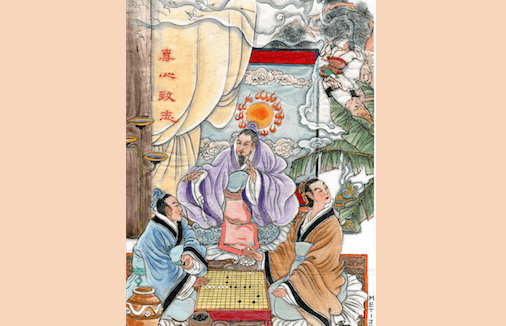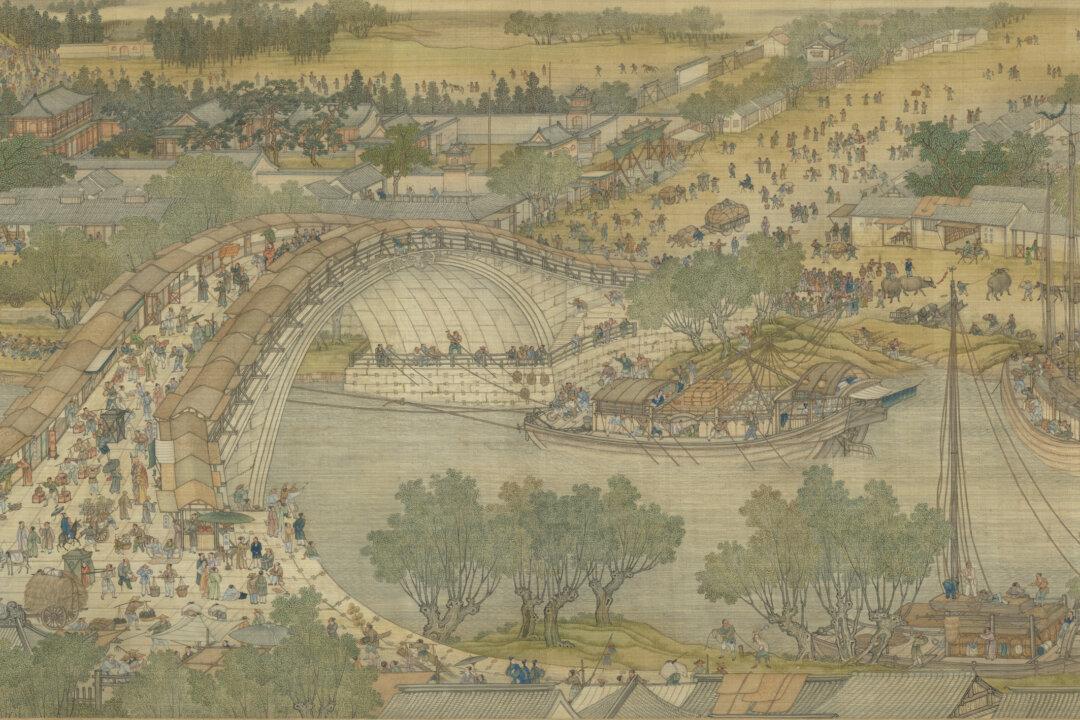A long time ago, there was a chess master named Yi Qiu (弈秋). He was famous for being the most expert chess player of the day. Once, he accepted two students, and he gave them chess lessons every day.
One day, he taught them some important techniques of chess play. Student Ah listened to him attentively and was completely absorbed in it. Student Bi, however, seemed to be listening, but his mind was on something else.
Student Bi looked out the window. He saw a swan on the lake and fancied that he had a bow and arrow in his hands, that he had shot the swan, and that he cooked the swan for a nice dinner.
Then he realized it was just his imagination as he was still in the classroom. He felt it was pitiable that he had to be in class. He listened to his master’s teaching for a little while until he saw another swan through the window. The thoughts to shoot it and make a meal of the swan came back to his mind again.
Though Student Bi received the same lessons as Student Ah, he was not concentrating on Qiu’s teaching and let his mind wander thinking about different things. He was still lost in fantasy when the class ended.
Master Qiu had already noticed that Student Bi was absent-minded. He asked the two students to play a game of chess after the class.
Student Ah used the techniques he had learned from the master and he played very well, while Student Bi struggled to defend until he eventually lost the match.
Master Qiu said to them: “If one does not give single-hearted devotion to it, no skills will be learned.”
The above story was based on a passage in the Gaozi of Mencius (1). Later, the expression from the text專心致志 (zhuān xīn zhì zhì), which means single-hearted devotion, became an idiom.
Note:
- Mencius (372 – 289 BC), also called Meng Zi, was a famous philosopher in Chinese history. He is the most famous Confucian after Confucius himself. His philosophy mostly focused on the innate goodness of human beings.




